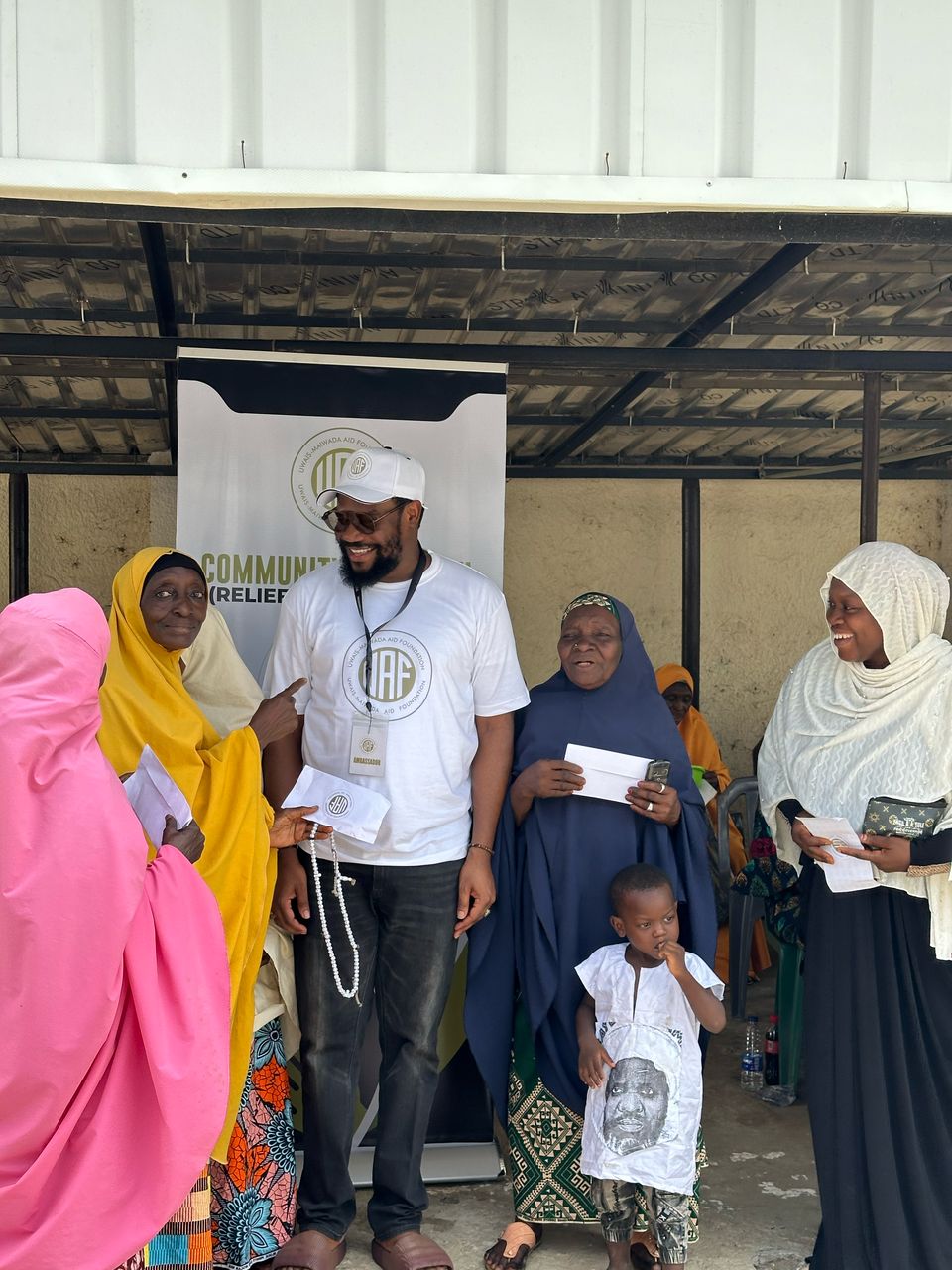
When women thrive, entire communities rise. Across Africa, empowering women is proving to be the most effective way to drive economic growth, reduce poverty, and strengthen families.
In many rural areas, women are the backbone of agriculture and informal trade, yet they remain underpaid, underrepresented, and overlooked in policy decisions. That’s changing. Through microfinance programs, cooperative farming, and entrepreneurship training, women are gaining financial independence and lifting others with them.
Leadership is just as crucial. Whether it’s a woman leading a village council, running a local NGO, or mentoring girls in her community — visibility matters. Representation fuels aspiration, and when women lead, their priorities often center around education, healthcare, and peace.
Barriers remain — including gender-based violence, restrictive cultural norms, and lack of access to credit. But community-driven solutions, such as safe spaces, legal aid centers, and literacy programs, are making a tangible impact.
Conclusion:
Women’s empowerment is not a side issue — it’s central to sustainable development. Investing in women isn’t optional; it’s essential.